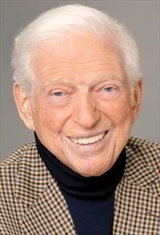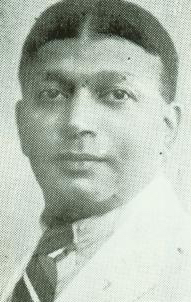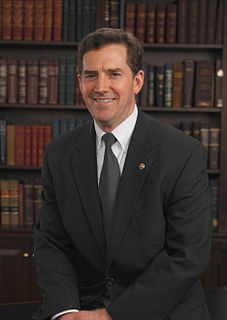A Quote by Eric Foner
Lincoln was a modernizer, so to speak. He believed in economic development. As a Whig before the war he favored what we would call infrastructure spending, government appropriation for canals, railroads, river and harbor improvements, and a tariff to protect industry. He believed in this market revolution that was sweeping across Northern society. He himself benefited from it in his own life.
Related Quotes
Yes, the rise in corporate power had roots in the gearing up for the Civil War. Abraham Lincoln was a Whig, a supporter of government aid to expanding industry - to "internal improvements" that supported the growth of business. He was an early capitalist, not one who wanted to preserve some rural paradise.
Remember that Abraham Lincoln was a Whig far longer than he was a Republican. As a whole, the Whigs looked upon banks and corporations as a more efficient means of development; the Jacksonian Democrats thought they were the tools of the devil, but Whigs like Lincoln disagreed. During his presidency, Lincoln favored the re-construction of a national financial system, and his most important 'internal improvement' project was the Pacific railroad.
The thing that you have to understand about those of us in the Black Muslim movement was that all of us believed 100 percent in the divinity of Elijah Muhammad. We believed in him. We actually believed that God, in Detroit by the way, that God had taught him and all of that. I always believed that he believed in himself. And I was shocked when I found out that he himself didn't believe it.
Despite my deep misgivings about austerity and the harm it would do, I agreed to chair the national infrastructure commission under a Tory government, because I believed that delivering infrastructure investment could help build a brighter future for businesses and families. I am a pragmatist. I do what works.
Ross believed in past lives. Moreover, he believed that the person you fell in love with in each life was the same person you fell in love with in the life before, and the one before that. Sometimes, you might miss her - she'd be reborn in post-World War I generation, and you wouldn't come back until the fifties. Sometimes, your paths would cross and you wouldn't recognize each other. Get it right - that is: fall madly, truly, deeply - and perhaps there'd be an eternity carved out solely for the two of you.
Before the Second World War, I believed in the perfectability of social man; that a correct structure of society produced goodwill; and that, therefore, you could remove all social ills by a reorganisation of society. It is possible that I believe something of the same again; but after the war, I did not because I was unable to.
The only proper, moral purpose of a government is to protect man's rights, which means: to protect him from physical violence - to protect his right to his own life, to his own liberty, to his own property and to the pursuit of his own happiness. Without property rights, no other rights are possible.
The royalists of the economic order have conceded that political freedom was the business of the government, but they have maintained that economic slavery was nobody's business. They granted that the government could protect the citizen in his right to vote, but they denied that the government could do anything to protect the citizen in his right to work and his right to live. Today we stand committed to the proposition that freedom is no half-and-half affair. If the average citizen is guaranteed equal opportunity in the polling place, he must have equal opportunity in the market place.
The issue here is this, that the Government's argument at the present moment is the argument that now the war is over, terrorism is defeated, we have to focus on economic development which in the north and east particular, being the areas where the war was fought, development has to proceed at a pace. That people from those parts of the country are leaving seems to suggest a lack of confidence and certainty in the trajectory of this kind of economic development.
I always knew it was ill-fated, but he truly believed I would be his bride. I guess I'd never realized that before. He had taken my mucker hand and looked at my mottled face and believed we would wed. And he hadn't seemed sorry. In fact, he'd swooped me up in a corridor and kissed me. That set me to crying.








































